Gastrointestinal Symptoms
If you have ongoing gut symptoms that you have never had diagnosed but have just learnt to live with, then it’s unlikely the symptoms will go away on their own or get any better. You might have noticed that some foods or lifestyle factors (stress, smoking, alcohol, recreational/prescription drugs…) exacerbate your symptoms. Perhaps a certain food sometimes triggers symptoms and sometimes not.
There could be any number of reasons why you have gut symptoms including but not limited to: nutritional deficiencies or excess, toxicity, stress, high sugar intake, excessive alcohol consumption, processed food, low intake of fibre variety, low intake of water and omega-3 fats, high intake of saturated and omega-6 refined fats. Any of those have the potential to cause gut dysbiosis- an imbalance in your friendly versus opportunistic gut bacteria, causing all manner of gastrointestinal symptoms.
Some practitioners may identify certain species of gut microbes on a GI Stool Map as an ‘infection’ and then work on killing it with anti-microbial supplements. This is not my preference. Rather than say gut ‘infection’ I refer to an imbalance in certain microbial species as an overgrowth. Even Blastocystis- it is meant to be a resident in the large intestine but at an upper level can behave as a complete pest, causing loose stools and diarrhoea. Most specimens are meant to be residing in the human intestines including: bacteria, virus, archaea, helminths (worms), single-cell protozoa, yeasts, fungus. To name a few that we know of, but as you could spread the surface area of the large intestine across a tennis court - perhaps we don’t know everything going on in there! (yet?).
Whatever the reason for your gut symptoms you can begin piecing together bits of the puzzle from working with a Nutritional Therapist who can run a full nutritional analysis on what you eat, to assess for specific deficiencies/toxicity that may be contributing; perform a GI Stool Map to look for microbial imbalances and inflammation; and run a full assessment on your dietary and lifestyle factors that may be playing a role. From there a fully personalised nutritional and lifestyle plan can be worked out for you.
There is a lot to learn about gut health in nutritional therapy and functional medicine. Nutritional Therapists specialise in using food and rebalancing the ecosystem- body, mind & soul.
